
Form Health Unveils New Program to Prevent the Transition from Overweight to Obesity
Form Health launched a new program for people who are overweight that includes meetings with a registered dietitian and a personalized care plan.

Form Health launched a new program for people who are overweight that includes meetings with a registered dietitian and a personalized care plan.

Verdiva Bio’s once-a-week oral GLP-1 drug is ready for Phase 2 testing. The drug, made with a proprietary technology that enables oral dosing, was licensed from Sciwind Biosciences.

Break down the silos. Take control of your provider data.

Metabolic medicines dominated life sciences headlines in 2024, a trend expected to continue into the new year. Other things to look for include more widespread adoption of artificial intelligence technologies and the IPO market’s return to normal levels.

By grounding wellness programs in behavior-change science, employers can empower their people to build healthier, more sustainable habits.
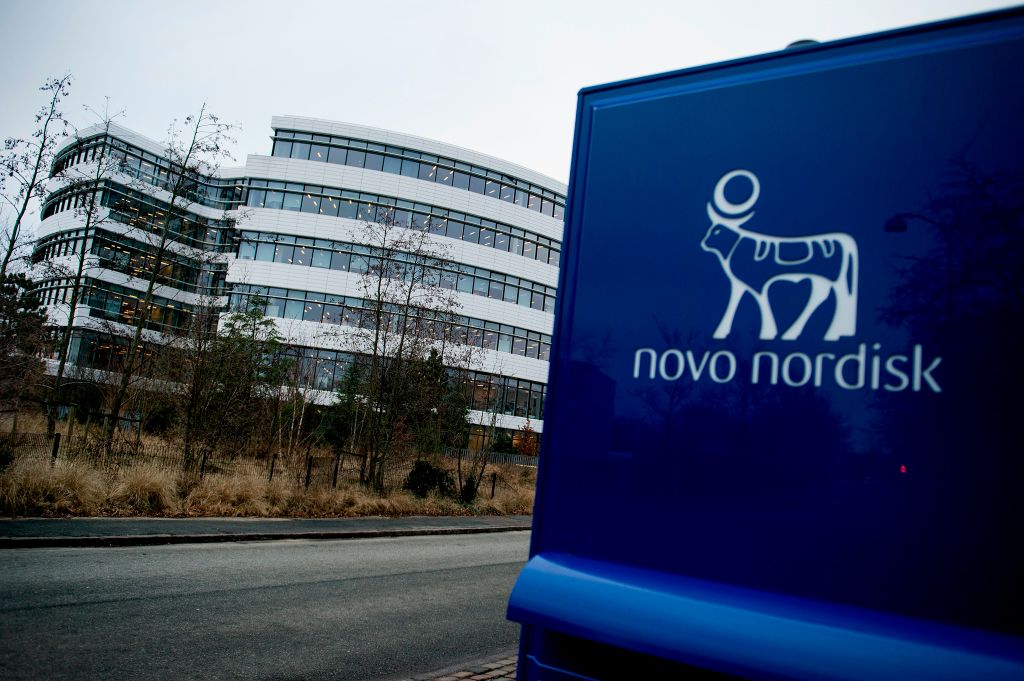
Novo Nordisk and Valo Health have collaborated on the development of cardiovascular disease drugs since 2023. Expanding the alliance to cardiometabolic diseases nearly doubles the number of programs covered under the agreement.
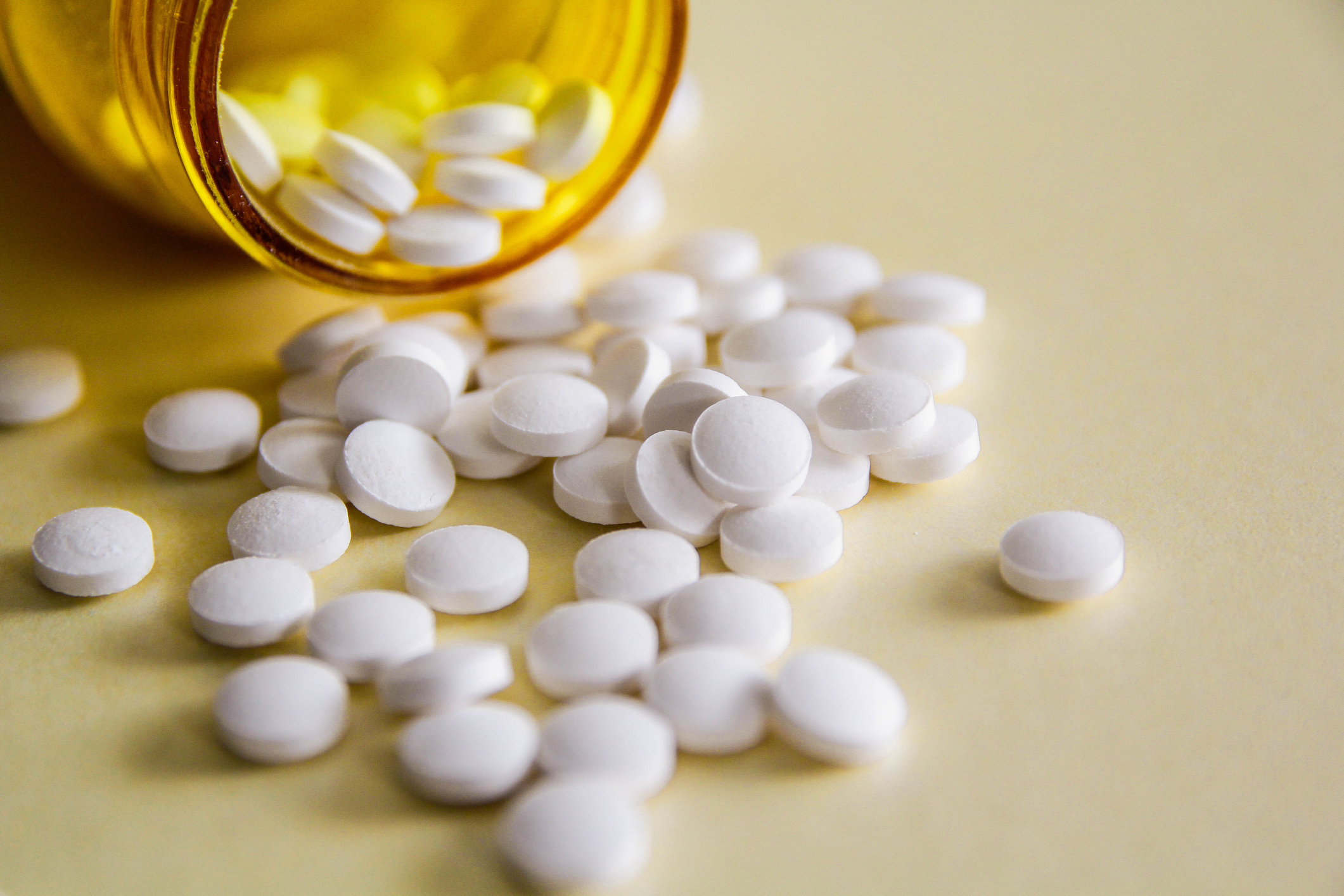
Corxel Pharmaceuticals has acquired an oral small molecule GLP-1 agonist with potential applications in obesity and diabetes. The Phase 2-ready pill could compete with oral metabolic meds in development by companies such as Roche, AstraZeneca, and Structure Therapeutics.
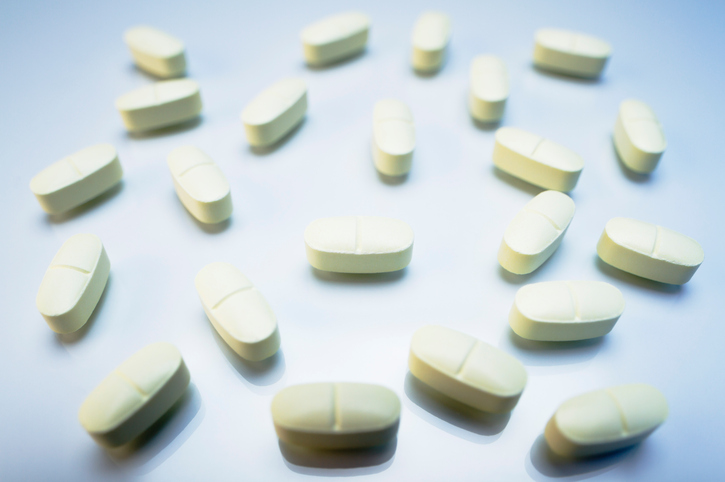
BioAge Labs said the potential safety problem was observed in some who received experimental drug azelaprag, which is being tested as a monotherapy and in combination with Eli Lilly obesity medication Zepbound. No safety signals were observed in those who received Zepbound alone.
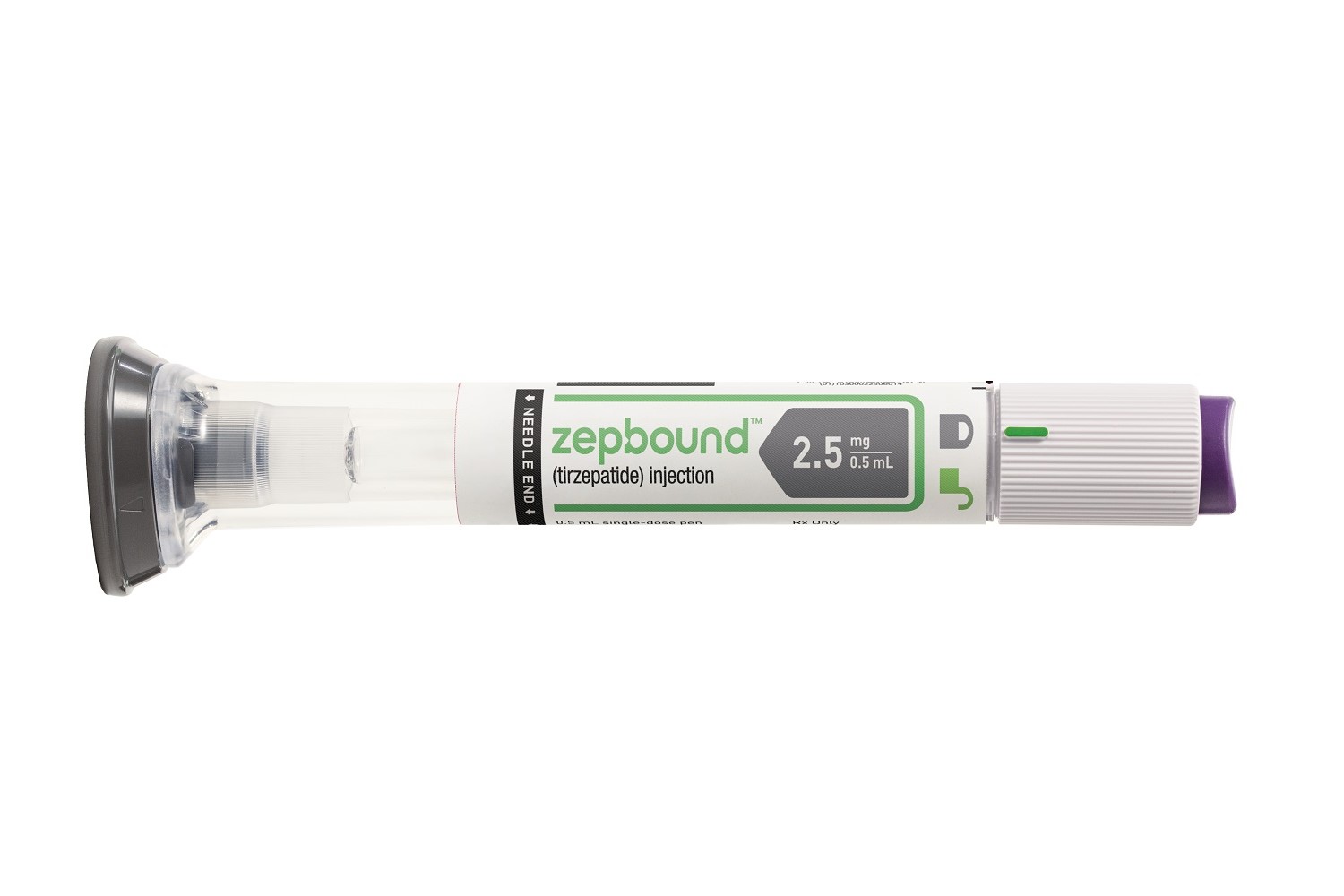
Eli Lilly obesity drug Zepbound led to 47% greater relative weight loss compared to Wegovy in a head-to-head clinical trial. The results could help Lilly differentiate its product from Novo Nordisk’s in the increasingly competitive market of obesity medications.

Several healthcare leaders are supporting the Biden-Harris administration’s proposed rule to expand Medicare and Medicaid coverage of GLP-1 medications for obesity treatment.

Amgen’s experimental obesity drug, MariTide, led to an average 20% reduction in weight in a Phase 2 clinical trial. While investors hoped for greater weight loss, some analysts say less burdensome monthly dosing of MariTide could make it competitive against weekly injectable weight drugs Zepbound and Wegovy.

Digital twin technology can serve as an effective complement to some of the exciting advancements occurring in the metabolic health space, such as new generations of continuous glucose monitors and a slew of GLP-1s, according to Lisa Shah, chief medical officer at Twin Health.

Higher doses of a Viking Therapeutics pill that targets two receptors led to greater weight loss without worsening safety or tolerability, according to Phase 1 results presented during the ObesityWeek conference. Meanwhile, an injectable version of this Viking drug is on track to Phase 3 testing.

BioAge Labs’ lead drug candidate, azelaprag, is in Phase 2 testing in combination with Eli Lilly’s weight management medication Zepbound. The biotech’s oral drug activates a receptor it says can mimic certain biological effects of exercise.
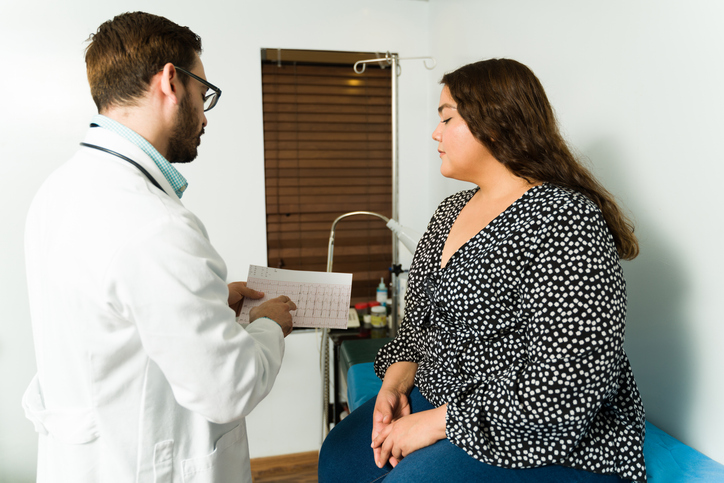
To conduct meaningful research, we must be sure to view these studies through patients’ eyes. The patient perspective — in all its diversity — must be embedded into clinical trials from the very start.

The weight loss results for the Terns Pharmaceuticals drug TERN-601 come from a four-week Phase 1 clinical trial. Terns is one of several companies developing oral GLP-1 obesity medications that could become alternatives to currently available injectable products from this drug class.